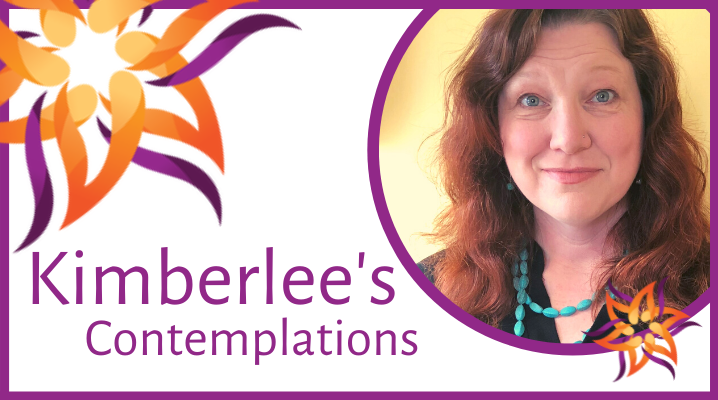Over the past two months, our middle schoolers have been exploring the topic of Christianity in our “Crossing Paths with Neighboring Faiths” program which I lead on Sunday mornings during religious education.
As we foray into this immense faith tradition, it is hard not to feel a bit overwhelmed about how to help them navigate the breadth of this topic. I want them to know that Christianity can be many things. What our UU youth know about Christianity varies greatly. As someone who was raised Christian, I am often surprised by their impressions, acute theological insights, and sharp thinking, as well as by the deep gaps in their knowledge.
After a lesson on sin and the Garden of Eden, this youthful insight stood out: “It seems to me that we created God in our image, flaws and all, rather than the other way around.” When we explored Bible stories, each reporting back on a well-known story, the overall impression seemed to be that the Bible was just full of violent hateful stories (and they are not all wrong). Furthermore, many youths have experienced struggles with peers who believe they need to become Christian. When asked, “What do you believe about God?” I heard a version of Pascal’s Wager in their response: “I guess it is better to believe in God, than not. I suppose here is nothing to lose by believing.”
But what “God” you believe in matters. Our Universalist forbearers were Christians that understood God as a parent who loved all of humanity so much that God would not damn anyone to hell. At its core, Christianity holds the belief that God loves and accepts all of humanity. This affirming view led to the belief that all people and all religions were of worth. Our UU value of “inherent worth” came from our Christian origins. UUism didn’t reject Christianity as much as it grew out of its most generous and loving view of God. Christianity is our close cousin who gave us a great gift, the legacy of love.
When we must navigate all the expressions of Christianity, some caring, some harmful, let us also remember the heritage of hope that we carry. The one that centers love and the practice of love above all else, that of love is our inheritance and our responsibility.
May it be so,
Rev. Kimberlee Tomczak Carlson
Minister of Religious Education
